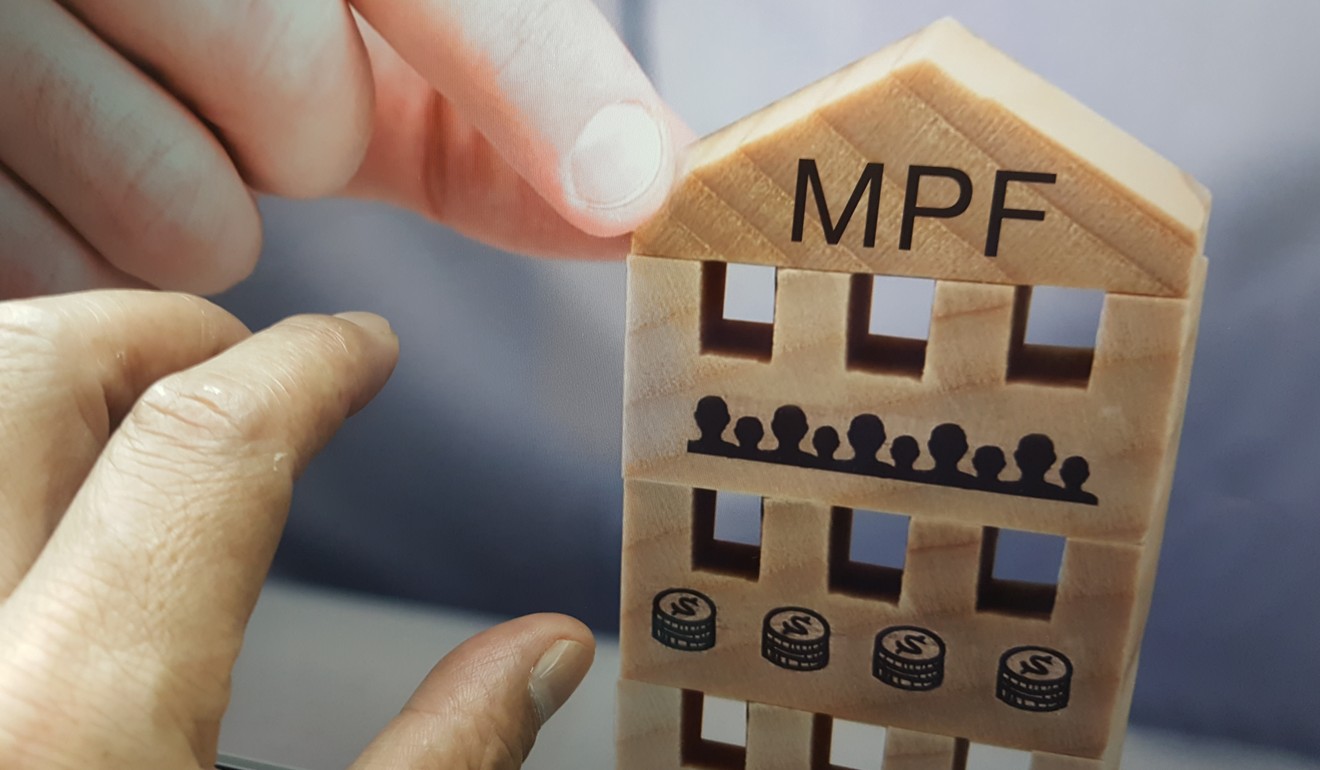
Hong Kong Business Community Joint Conference rejects ‘unacceptable proposal’ to scrap MPF offsetting mechanism
Alliance of small and medium-sized business owners says plan that would stop them from dipping into pensions to cover employee benefits is too costly
Hong Kong’s small and medium-sized business owners put up a united front on Tuesday against a government proposal to stop employers from dipping into pension funds to pay for severance and long-service payments, calling on officials to offer more subsidies indefinitely.
The government’s proposal to scrap the so-called offsetting mechanism in the city’s Mandatory Provident Fund would harm expansion and deter people from launching start-ups, said the Hong Kong Business Community Joint Conference, an alliance representing 114 business chambers on the issue.
Employers would eventually pass the costs on to the public, the alliance said.
Thousands march against pension arrangement on Labour Day
The proposal “is very unfair and would deal a blow to the small to medium-sized companies’ finances. It is an unacceptable proposal,” Aaron Shum Wan-lung, the alliance’s secretary general, said.
Since the MPF came into effect in 2000, employers have been allowed to withdraw contributions from staff accounts to offset long-service and severance payments. In 2016, employers offset HK$3.85 billion (US$490 million).

Under the government’s latest plan, the offsetting mechanism would be cancelled. Employers would be required to set up a savings account and contribute 1 per cent of employees’ wages to cover the payments. It would be capped at 15 per cent of a worker’s annual wage.
The government would provide HK$17.2 billion in subsidies to soften the blow to employers for 12 years. The subsidy scheme would be rolled out as a complex, two-tiered system under which the government would offer a 50 to 75 per cent subsidy for the first three years.
What the Hong Kong government’s MPF offsetting plan is really about
From the fourth year the subsidy percentage would decrease gradually until it falls to less than 10 per cent in the 12th year.
On Tuesday, the alliance complained that the subsidy scheme did not go far enough. It said employers would be burdened by additional costs beyond the 1 per cent contribution and demanded more money so employers would not need to pay anything after the contribution.
The subsidy should also be offered indefinitely, it said.
“The government can’t just pull out of this after subsidising us for 12 years,” Stephen Kwok Chun-pong, president of the Hong Kong Small and Medium Enterprises Association, said. “If companies go bankrupt because of this, the city’s economic development will be harmed.”

The Hong Kong General Chamber of Commerce has suggested that the government offer employers interest-free loans to cover the financial burden.
But Shum made it clear this would not work because the loan payments would add another financial hardship to employers.
Without MPF fix, Hong Kong employees’ pension savings at risk
Unionists, such as Tang Ka-piu, have accused employers of exaggerating the costs they would face under the proposal. They said the government should not offer subsidies indefinitely because the money comes from taxpayers.
“Many years ago they also warned how a statutory minimum wage would deal a blow to their businesses. But it’s been working just fine all these years,” said Tang, of the Federation of Trade Unions.

